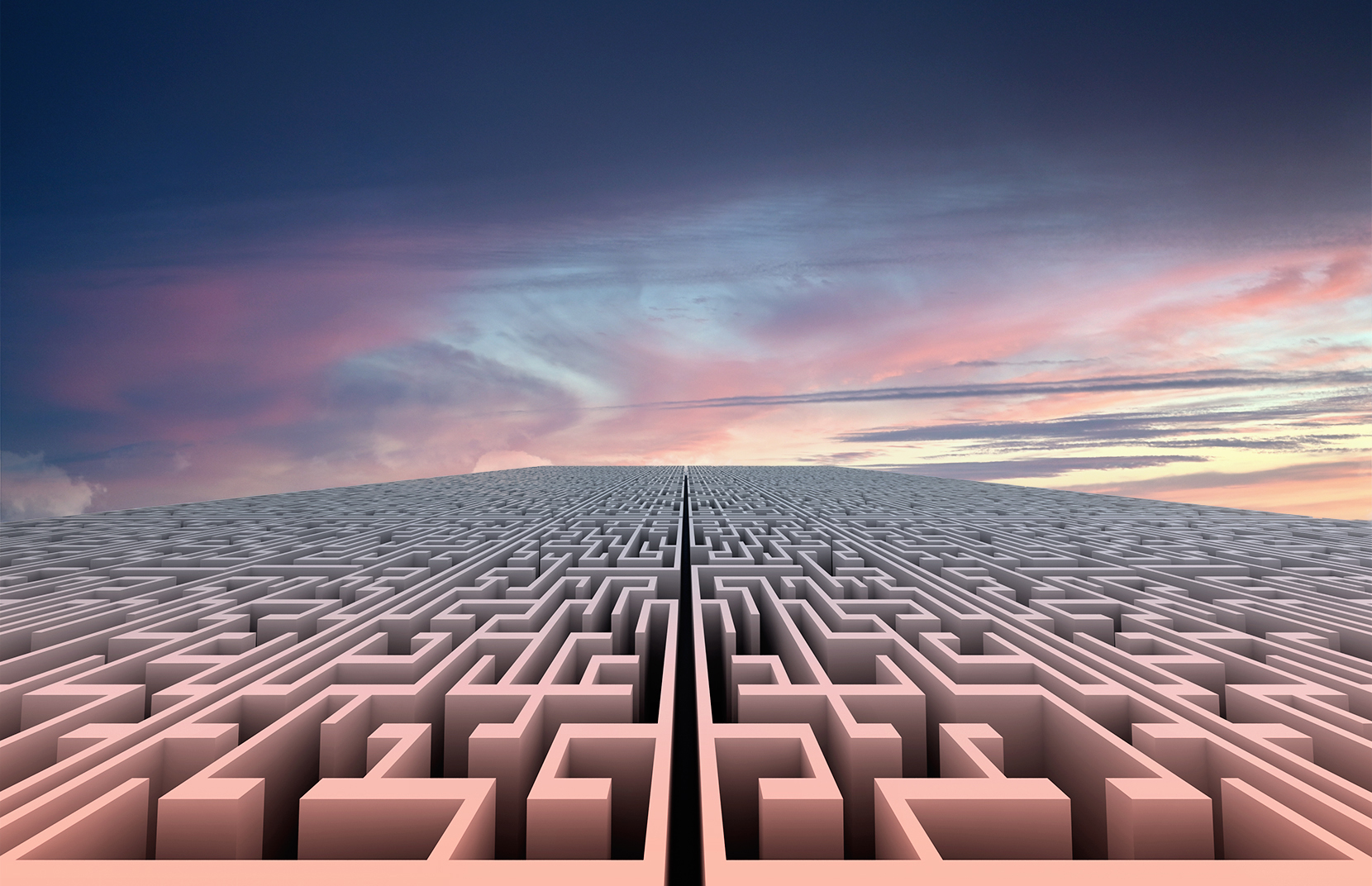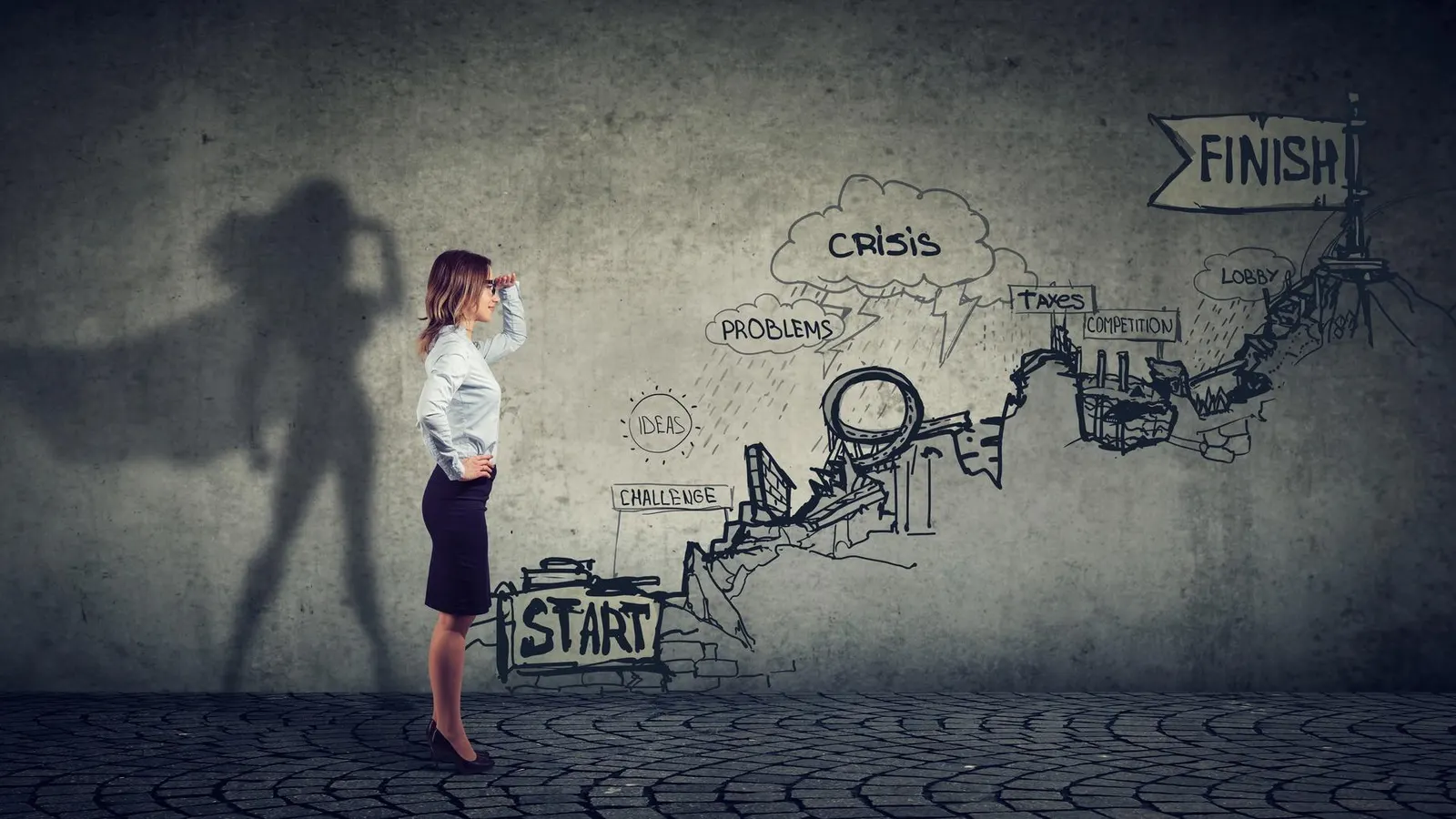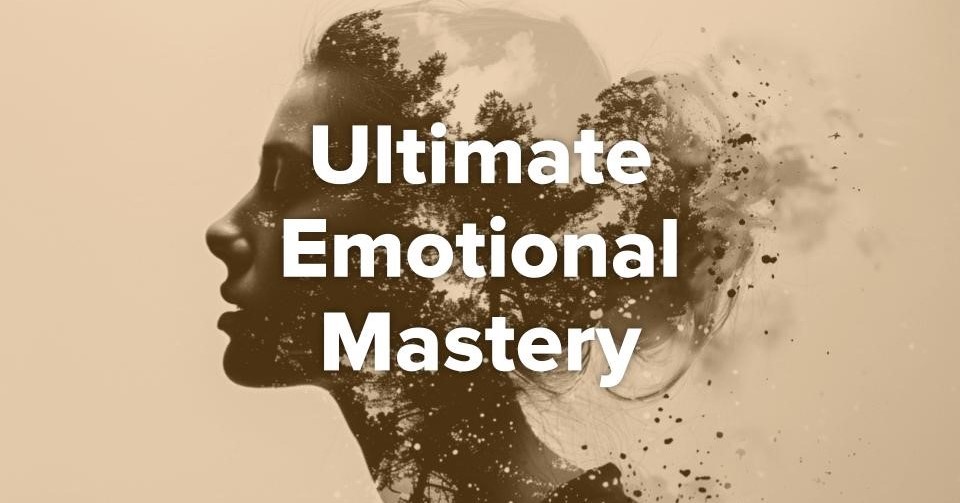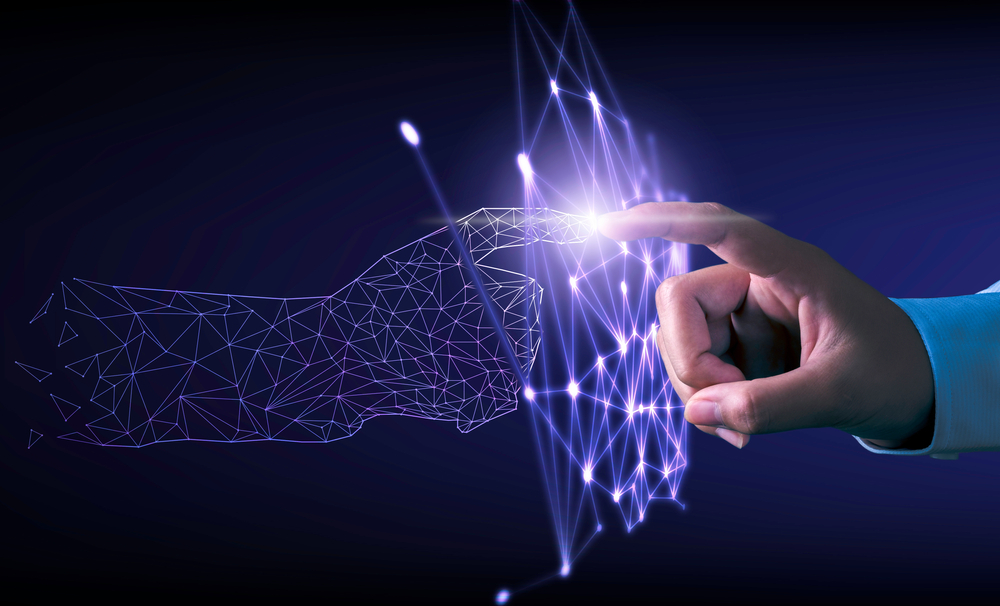
Generative AI: The Silent Revolution That’s Been Here All Along AI Didn’t Just Arrive — We Just Woke Up to It
Let’s get one thing straight — Generative AI isn’t new. It didn’t just appear overnight, like a magician pulling ChatGPT out of a hat. It’s been lurking in the background, subtly shaping our lives for years.
From Netflix recommending eerily perfect movie suggestions to Gmail finishing our sentences, sometimes a little too well, AI has been working behind the scenes, whispering in our ears, guiding our choices, and, let’s be honest, making us lazier.
We just didn’t call it Generative AI.
Now, with AI writing books, creating art, composing music, and even making business decisions, we finally recognize its power. But where did it come from, and where is it going?
Buckle up, we’re about to take a deep dive into the past, present, and future of AI creativity.
-
AI Has Been Generating Content for Years - And We Didn’t Notice
Many people think Generative AI began with ChatGPT, but that’s like saying the internet started with Facebook. AI-generated content has been shaping our world for decades.
A Look Back at AI’s Hidden Contributions:
AI in Music: Back in 1957, an IBM computer composed one of the first AI-generated musical pieces. Today, AI tools like Aiva and Amper help artists create symphonies in minutes.
- AI in Journalism: The Washington Post’s AI reporter, Heliograf, has been writing news articles since 2016 — producing thousands of automated, fact-based reports faster than any human journalist.
- AI in Art: In 2018, an AI-generated painting, Portrait of Edmond de Belamy, sold for $432,500 at Christie’s, proving that AI could infiltrate even the elite art world.
- AI in Entertainment: Netflix and Spotify have been using AI-driven recommendations for years, quietly curating what we watch and listen to, based on behavioral data.
Reality check: AI didn’t just show up, it’s been silently running the show in the background, waiting for us to take it seriously.
-
The Present: Generative AI is Now the Creative Partner You Never Knew You Needed
The difference between AI in the past and Generative AI today? It’s no longer just recommending, it’s creating.
- AI doesn’t just suggest articles, it writes them.
- AI doesn’t just enhance photos; it generates entirely new images.
- AI doesn’t just remix music, it composes symphonies from scratch.
What does this mean for us? It means the "creative process" has fundamentally changed, and the smartest people in the room will be the ones who learn to collaborate with AI instead of resisting it.
AI as a Creative Powerhouse:
AI Writing: Jasper, Copy.ai, and ChatGPT are generating entire blog posts, novels, and marketing materials in seconds.
- AI Art & Design: DALL·E and Midjourney create stunning visuals without human input.
- AI Video Creation: Synthesia and Runway ML are producing video content without cameras or actors.
Tools Powering the Generative AI Revolution:
- Jasper AI – AI-assisted storytelling & long-form content.
- DALL·E – Text-to-image AI that generates digital art.
- Synthesia – AI-powered video generation with human-like avatars.
- MamaCRM – AI-driven marketing, CRM, and content scheduling.
The people who master AI-assisted creativity will replace those who don’t.
-
The Future: AI is About to Go from Smart to Superhuman
If you think AI is impressive now, just wait five years.
Right now, Generative AI is in its early stages, like the internet in the 1990s. It’s still learning, improving, and evolving. But soon, it will become so advanced that today’s AI will look like child’s play.
What’s Next for Generative AI?
- AI That Thinks in 3D: Imagine designing an entire virtual reality world just by describing it. Tools like NVIDIA’s Omniverse are already doing this.
- AI That Codes Itself: Auto-GPT and OpenAI’s Codex are pushing toward AI that develops software autonomously — no human programmers needed.
- AI-Powered Personal Assistants: Forget Siri. AI assistants of the future will be fully autonomous digital agents that schedule meetings, answer emails, and even negotiate deals on your behalf.
- AI in Film and Media: AI will soon write, direct, and even act in movies, personalizing entertainment for every individual viewer.
Did you know that filmmakers are already using AI to de-age actors, create entire scenes digitally, and even generate voiceovers from past recordings.
-
What This Means for Humans: A New Era of Work, Creativity, and Identity
Every major technological revolution — from the printing press to the internet — has reshaped society. Generative AI is no different.
So, what’s the impact on us?
- More Productivity – AI eliminates the grunt work, letting humans focus on big ideas.
- New Careers – Jobs like AI content strategist, AI brand manager, and AI ethics consultant will emerge.
- A Shift in Creativity – Creativity will be more about directing AI than starting from scratch.
- More Competition – If AI can do 95% of your job, the real value will be in the remaining 5% that only humans can bring.
The smartest professionals won’t be the ones who fight AI — they’ll be the ones who embrace it and use it to 10X their output.
AI is the Future — But How You Use It is Up to You
For years, AI has been gently guiding our choices, curating our feeds, finishing our emails, and quietly taking over mundane creative tasks. Now, it’s stepping into the spotlight, demanding we acknowledge its potential.
The question isn’t "Will AI replace humans?" The real question is "Will humans adapt fast enough to use AI as a competitive advantage?"
So, what’s your move? Are you going to sit back and watch AI revolutionize creativity from the sidelines, or are you going to jump in and use it to fuel your success?
Start exploring AI tools like MamaCRM, Jasper, and Synthesia today, because the AI-powered future isn’t coming. It’s already here.








